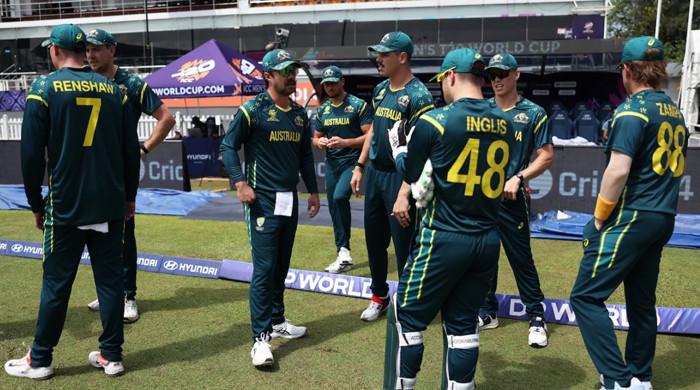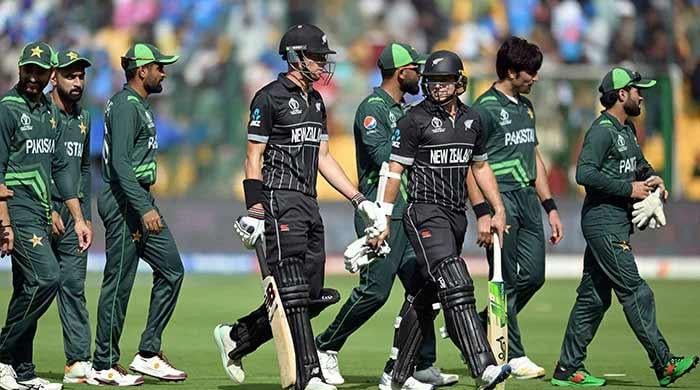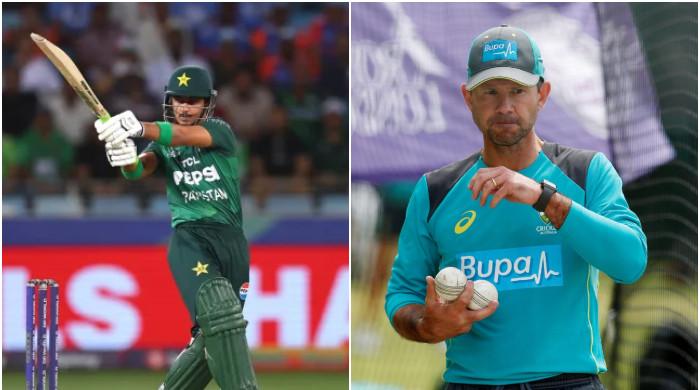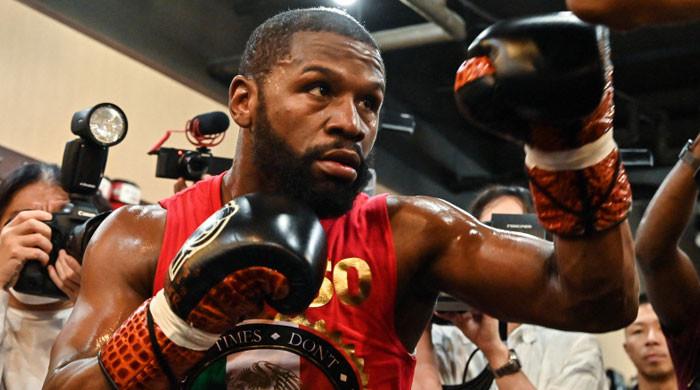Haris Rauf recalls his struggles before making it big
I used to sell snacks [nimco] on Sundays to be able to pay my fees, Haris Rauf recalls in ESPNCricinfo documentary
October 02, 2023
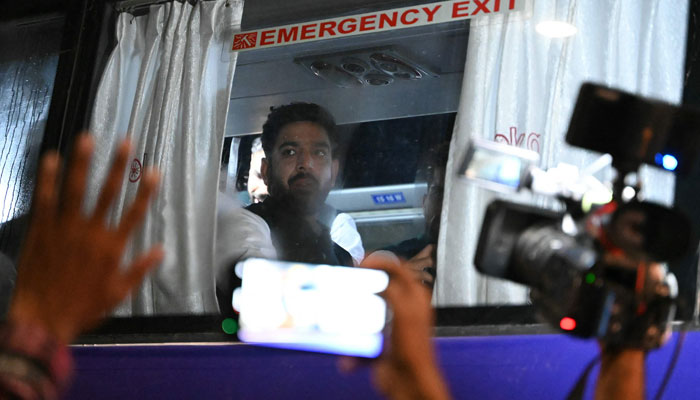
Pakistan is a cricket fanatic country and many players, who come from underprivileged backgrounds, see their lives change once they break through the ceiling.
This was highlighted in an ESPNCricinfo documentary where Haris Rauf revealed what he and his family went through during the tough times and how he used to pay his school and, later on, university fees.
Haris Rauf has emerged as the top Pakistan bowler in white-ball cricket since his debut in January 2020.
His talent was discovered during the trials conducted under the Lahore Qalandars Players Development Program (PDP) in Gujranwala after clocking 92.3mph in the trials.
Haris has seen many ups and downs due to their family being not so financially stable and he had to cover his expenses by selling snacks [nimco] and playing tape-ball cricket across Pakistan.
"After matriculation, I used to work in the market selling nimco on Sundays to be able to pay my fees. The rest of the week, I would attend school and academy," Haris revealed in an interview with ESPNCricinfo.
"When I enrolled in university, my father was not earning enough to be able to pay my fees and I couldn't afford it too but by playing tape-ball cricket I would easily manage my fees," he maintained it was him who paid Rs70,000 to 80,000 per semester.
"The boys who play tape-ball professionally in Pakistan, easily make around 2-2.5 lakh per month. I used to earn that and would give to my mother but I never told my father about earning this much," he maintained.
Meanwhile, Haris emphasised money was always a big struggle for his family during his teenage years.
"My father has three brothers and all lived together. My father had one big room and when my uncles got married, my father gave his room to his brothers. Eventually, we reached the point where we were sleeping in the kitchen," the 29-year-old added.




